Topic: Scaling and Strategy
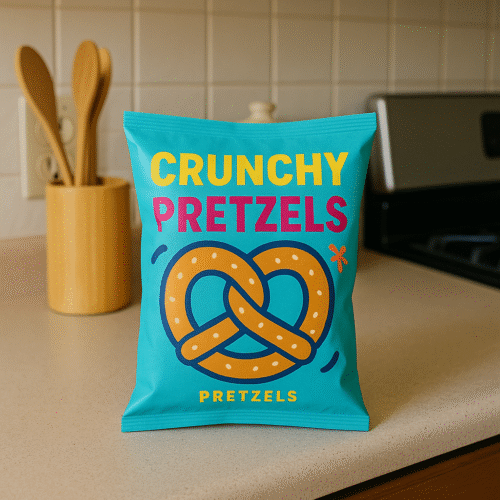
VFFS (Vertical Form Fill Seal): Choosing Films and Materials for Dry Foods
Vertical Form Fill Seal (VFFS) machines are one of the most efficient solutions for packaging dry foods. From snacks and cereals to powders and mixes, this technology forms, fills, and seals bags in a single streamlined process. To achieve the best results, choosing the right films and materials is essential. At Econo-Pak, we specialize in […]

VFFS (Vertical Form Fill Seal): Choosing Films and Materials for Dry Foods
Vertical Form Fill Seal (VFFS) machines are one of the most efficient solutions for packaging dry foods. From snacks and cereals to powders and mixes, this technology forms, fills, and seals bags in a single streamlined process. To achieve the best results, choosing the right films and materials is essential. At Econo-Pak, we specialize in […]
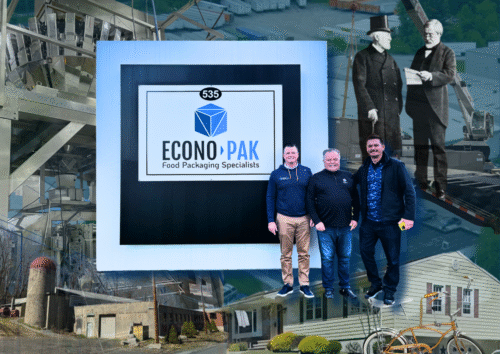
Econo-Pak Through the Generations: A Wiebel Family History in Co-Packing Innovation
Econo-Pak’s story spans more than a century, starting with inventive packaging ideas and growing into one of the leading high-volume contract food packaging companies in the United States. This journey has been shaped by entrepreneurial vision, family leadership, and a dedication to innovation in food packaging. Early beginnings: Innovation in packaging (1902–1930s) In 1902, Charles […]

Econo-Pak Through the Generations: A Wiebel Family History in Co-Packing Innovation
Econo-Pak’s story spans more than a century, starting with inventive packaging ideas and growing into one of the leading high-volume contract food packaging companies in the United States. This journey has been shaped by entrepreneurial vision, family leadership, and a dedication to innovation in food packaging. Early beginnings: Innovation in packaging (1902–1930s) In 1902, Charles […]
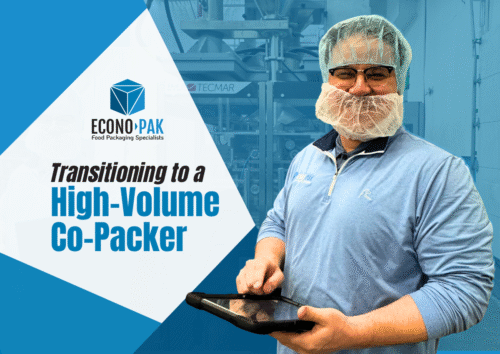
Scaling Production: Transitioning from Small to Large Co-Packers
As your food brand grows, the demand for higher production volumes, increased efficiency, and expanded capabilities becomes inevitable. For many small and medium-sized food businesses, co-packers play an essential role in scaling operations, but not all co-packers are equipped to handle rapid growth. When production requirements outgrow the capabilities of a small co-packer, transitioning to […]

Scaling Production: Transitioning from Small to Large Co-Packers
As your food brand grows, the demand for higher production volumes, increased efficiency, and expanded capabilities becomes inevitable. For many small and medium-sized food businesses, co-packers play an essential role in scaling operations, but not all co-packers are equipped to handle rapid growth. When production requirements outgrow the capabilities of a small co-packer, transitioning to […]
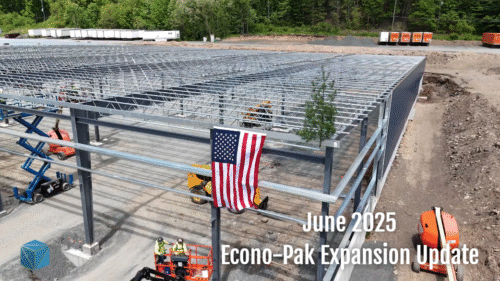
Expansion update: 125,000 square feet of new capacity coming soon
We’re only months away from completing the 125,000-square-foot expansion of our co-packing facility in Milford, PA! This new space will give us even more room to support high-volume food packaging projects for our clients.
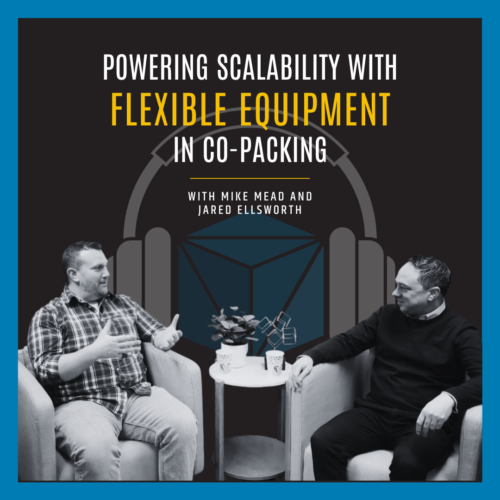
How Flexible Equipment Powers Scalable Co-Packing with Jared Ellsworth
In this conversation, Jared Ellsworth, Maintenance Manager at Econo-Pak, shares how our facility stays ahead by using versatile machinery, smart automation, and efficient changeovers to support high-volume food brands.

Retail Co-Packing 101: What Food Brands Need to Know to Succeed in Retail
A retail co-packer serves as a bridge between production and retail shelves. Their expertise lies in packaging products efficiently while adhering to industry standards. Co-packers help businesses convert raw materials into retail-ready packages, streamlining the journey from factory to customer.

Retail Co-Packing 101: What Food Brands Need to Know to Succeed in Retail
A retail co-packer serves as a bridge between production and retail shelves. Their expertise lies in packaging products efficiently while adhering to industry standards. Co-packers help businesses convert raw materials into retail-ready packages, streamlining the journey from factory to customer.
